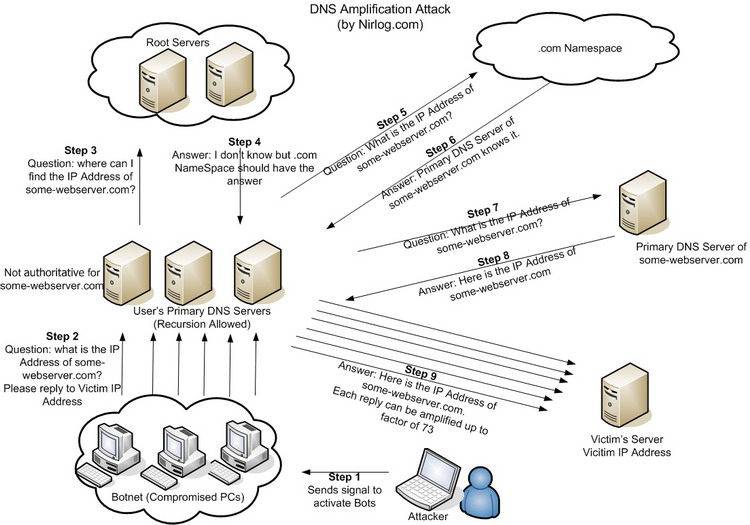They plan to be glued to their monitors, looking out for signs of unusual network traffic, communicating with one other through encrypted, digitally signed e-mails or through a private telephone hot line maintained just for this purpose.That's because on a quiet Sunday in mid-February, something curious attracted the attention of the behind-the-scenes engineers who scour the Internet for signs of trouble.
There, among the ubiquitous boasts posted by the hacking collective Anonymous, was a call to attack some of the network’s most crucial parts. The message called it Operation Global Blackout, and rallied Anonymous supporters worldwide.
It declared when the attack would be carried out: March 31. And it detailed exactly how: by bombarding the Domain Name System with junk traffic in an effort to overwhelm it altogether.
Engineers created a fast-track, multimillion-dollar global effort to beef up the Domain Name System, adding enough computing power to handle a denial of service attack.
Personally, I think they wanted to shut down this blog.

